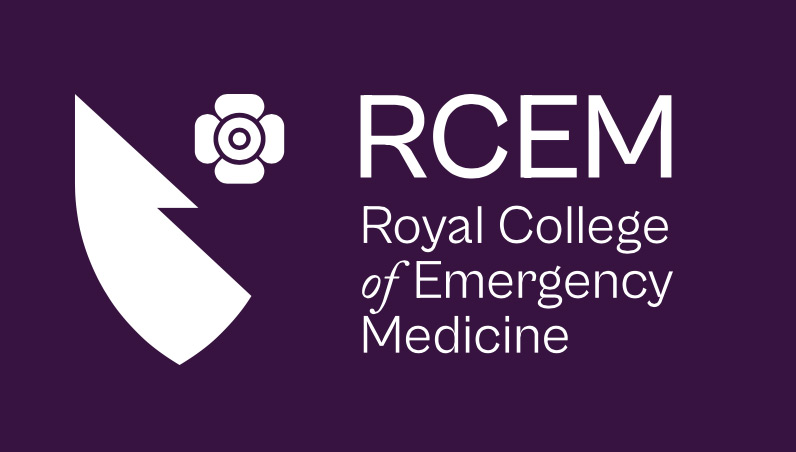RCEM Position Statement
Governance responsibilities for patients who do not attend booked appointments in Emergency Departments – October 2020
There is uncertainty where the governance responsibilities belong where a patient is advised to attend an emergency department by NHS 111, is given a booked appointment at the emergency department, but does not subsequently attend. RCEM has considered this problem as this is an area where guidance is currently lacking.
A person or guardian who has used the NHS 111 call handling service, like all adults, is assumed to have capacity until proven otherwise. Prior to booked appointments, many patients were advised to attend emergency departments but did not follow this advice. This did not need any attempts to follow up patients or perform welfare checks. Patients had been given advice, and simply exercised their right not to follow this advice. The patient group who are giving booked appointments are the same.
There are some special cases where non-attendance at a booked appointment may indicate additional concerns. This might include a patient with a mental health crisis or a child where there is a sustained and serious concern that they are at risk from abuse or neglect. It must be emphasised that these patient groups are a small proportion, but accepted that they are also important. NHS 111 should have systems to support these patients, either by diverting them to the 999 service or activating local pathways to safeguarding or mental health services.
It is the responsibility of the referring organisation (NHS111) to follow-up patients who did not attend when they have concerns or for the purposes of audit; this responsibility should not be passed onto the emergency department. The emergency department should co-operate fully with NHS 111 in allowing that them to identify patients who do not attend in a timely fashion.
Patients who leave emergency departments without being seen have been studied in several research studies. The risk of subsequent adverse outcomes in this patient group is very low. Reasons for leaving without being seen include resolution of the problem, a desire for self-care, reluctance to wait and competing pressures on time. It is very likely that the risk of adverse outcome from patients who have already phoned NHS 111 and who do not subsequently attend an emergency department is also very low.

